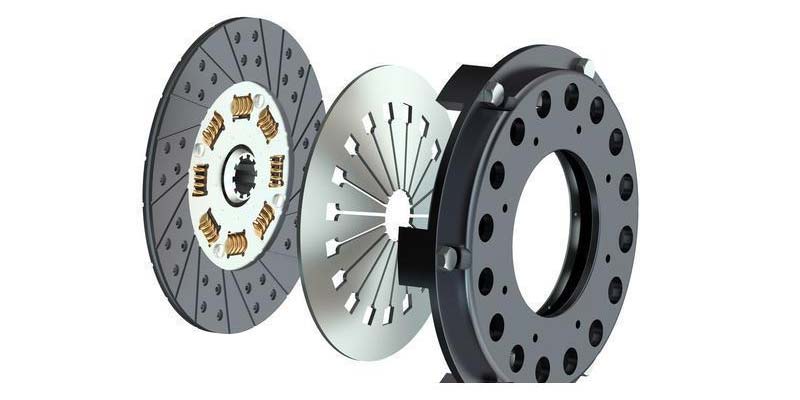- Contact Innally, Let you purchase forgings in China more favorable prices, products more assured!
- Hotline:+(86)15038323776 Email:innally@innally.com
Revolutionary innovation: Disruption and reconstruction of clutch industry in the digital age
In the digital age, the clutch industry is facing the challenges and opportunities of subversion and reconstruction. With the rapid development of science and technology and the advancement of intelligence, clutch manufacturing and use are undergoing profound changes.
First, digital technology brings opportunities for intelligence and automation to the clutch industry. Traditional clutches rely on manual control and operation, but with the application of sensors, data analysis and artificial intelligence, clutches can achieve remote monitoring, automatic regulation and intelligent control. By connecting to the Internet and the cloud platform, the operating status and performance of the clutch can be monitored and analyzed in real time, thereby improving efficiency, reducing failure rates, and assisting users in operational decisions.

Secondly, digital technology also plays an important role in the clutch design and manufacturing process. Techniques such as computer aided design (CAD) and computer aided manufacturing (CAM) make clutch design more accurate and efficient. Virtual simulation technology can predict the performance of the clutch under various operating conditions, thus reducing test and development time. 3D printing technology can achieve personalized customization of clutch parts, improving production flexibility and response speed. In addition, in the digital age, the clutch industry is also facing integration opportunities with other fields. For example, integrated with intelligent driving systems in the automotive industry, the clutch needs to respond more quickly and accurately to meet the vehicle control requirements of autonomous driving systems. With the integration of the industrial Internet, the clutch can transmit working status and fault information to the production line to achieve intelligent maintenance and operation.
In general, the digital age has brought new development opportunities for the clutch industry. By using intelligent technology and digital tools, the clutch industry can achieve intelligent products, efficient production and personalized services, and promote the innovation and progress of the industry. However, it is also important to realize that in the process of digital transformation, the clutch industry needs to face challenges such as data security and privacy protection, and relevant policies and technical standards need to be developed to ensure the sustainability of digital development.
nannan
INNALLY mainly provides you with various types of cast and forged parts products. Welcome your inquiries! innally@innally.com
Related Articles
- High performance power accessories product inventory
- Accurate selection of power accessories to ensure the safe and stable operation of the power system!
- Explore the latest trends and challenges in the power accessories market
- Explore innovative applications for power accessories
- Under the future trend of railway development, you need to understand the bearing purchase guide
Search
Forging center
- Steel forgings
- Aluminium alloy forging
- Titanium alloy forging
- Stainless steel forging
- Copper forging
- Automotive forgings
- Locomotive forging
- Bicycle forgings
- Motorcycle forging
- Rigging and fasteners
- Bearing forging
- Electric power fittings
- Marine forging
- Mechanical forgings for metalworking
- Mining machinery forgings
- Marine engineering forgings
- Construction machinery forgings
Popular product

© 2025. All Rights Reserved.
